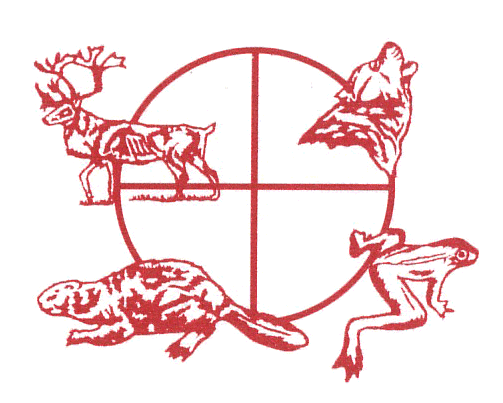OUR HERITAGE
Our Heritage & History
The Yekoochet’en (people of Yekooche) have lived in the Stuart Lake area for thousands of years. Situated in a rich area encompassing the Skeena and Fraser watersheds, the community prospered until the arrival of the Europeans.
In the beginning, the Yekoochet’en (also known as the Portage Band) shared our resources and knowledge, allowing the Hudson’s Bay Company to establish a lucrative fishery on Yeko Bun (Cunningham Lake) and to freight goods between Stuart and Babine Lakes.
Over the next 150 years our people saw their rights and way of life consistently eroded as trappers, prospectors and resource companies were given access to their traditional lands.
During this time many children were removed from the village at Portage and sent to residential schools where they were prevented from using their own language or practicing their cultural beliefs.
Many of our Elders remember those days and share stories of what happened to them when they were cut off from their families.
In 1959, for the purposes of settling reserve lands disputes the Federal Government amalgamated the communities of Tache, Pinche, Portage (Yekooche), Grand Rapids and Middle River into one large Band called the Stuart-Trembleur Lakes Band. In 1987 the Stuart-Trembleur Lakes Band changed their name to the Tl’azt’en Nation. In 1994 the Portage Band left Tl’azt’en Nation to form their own community taking their four reserve areas with them and became known as the Yekooche First Nation.
Today, the Yekoochet’en are actively involved in protecting what remains of our land and have entered the treaty-making process as a means of preparing ourselves for the future. Believing in our role as “stewards” of the land within our traditional territories we hope to fulfill a greater role in conservation and safeguarding of our culture and way of life while developing economic opportunities that serve the needs of the Nation.
Our Clans
Yekooche First Nation has four clans, which are shared with other Dakelh peoples. These clans are hereditary, passed down from mother to child. Traditionally our people were required to marry outside their clans, as a way of strengthening alliances across clans and communities. As wealth and responsibilities are still shared among clans, an entire clan may assume the duties associated with a member’s business and potlatch, (e.g. after a member’s death, when a member assumes a new title, or in some cases to support a marriage).
Frog Clan: Lusilyoo
Cariboo Clan: Grantrung
Beaver Clan: Ghumashu
Wolf/Bear Clan: Log’jahbu

